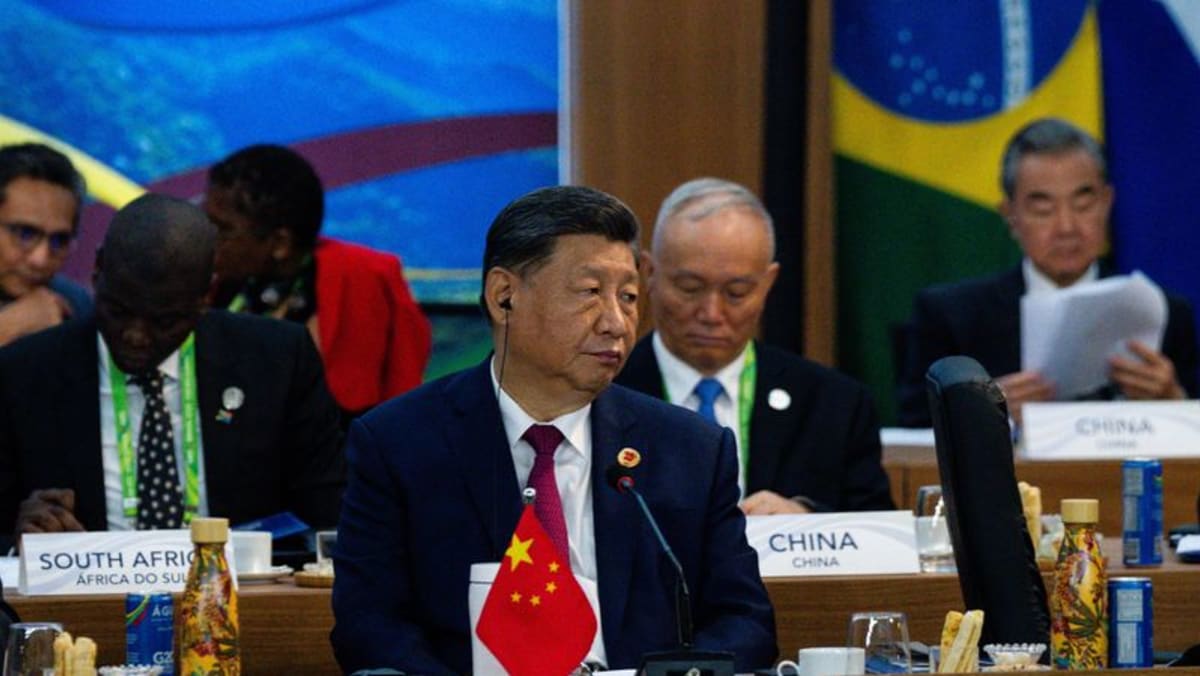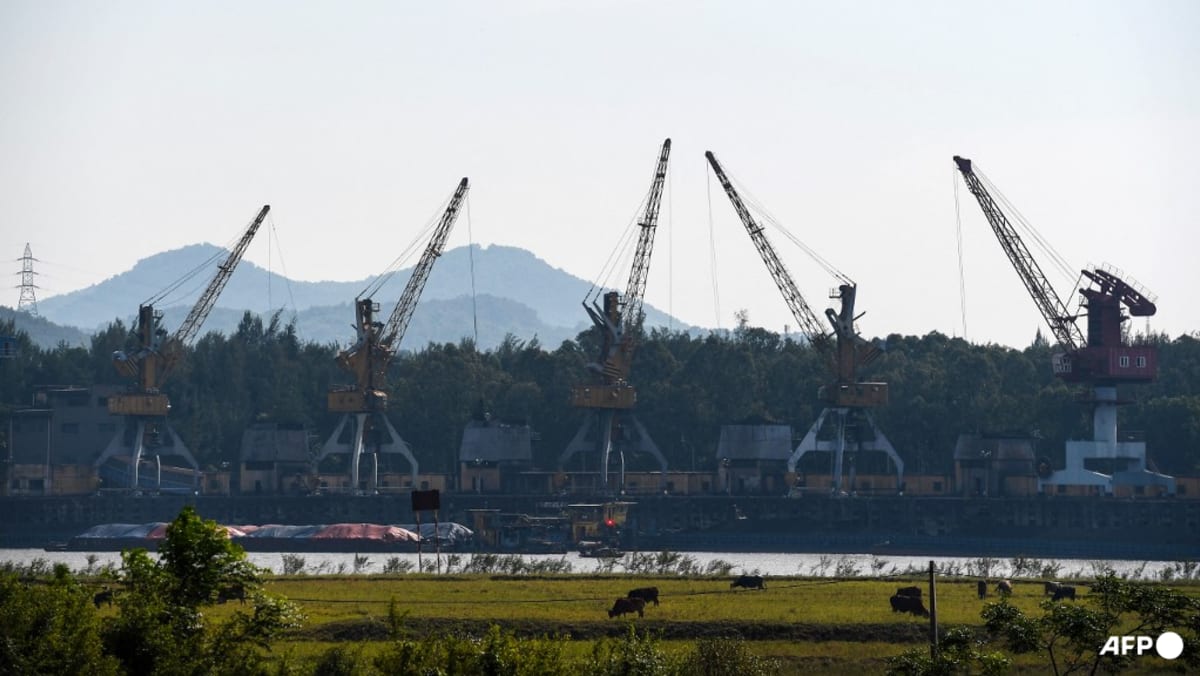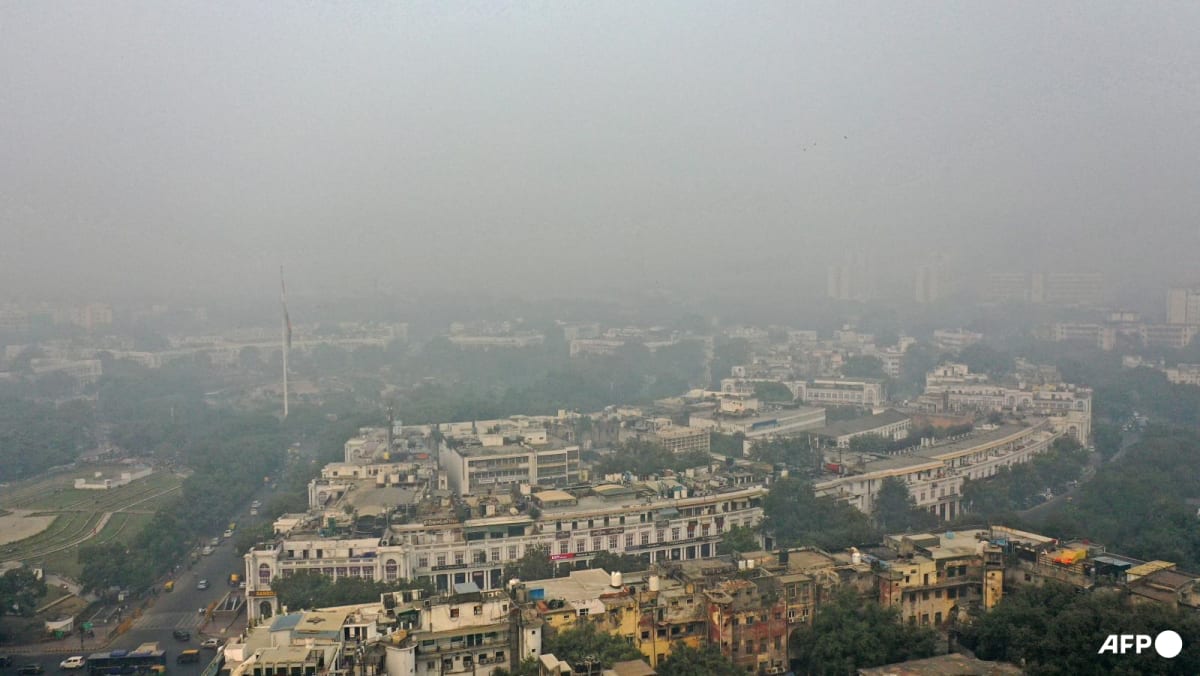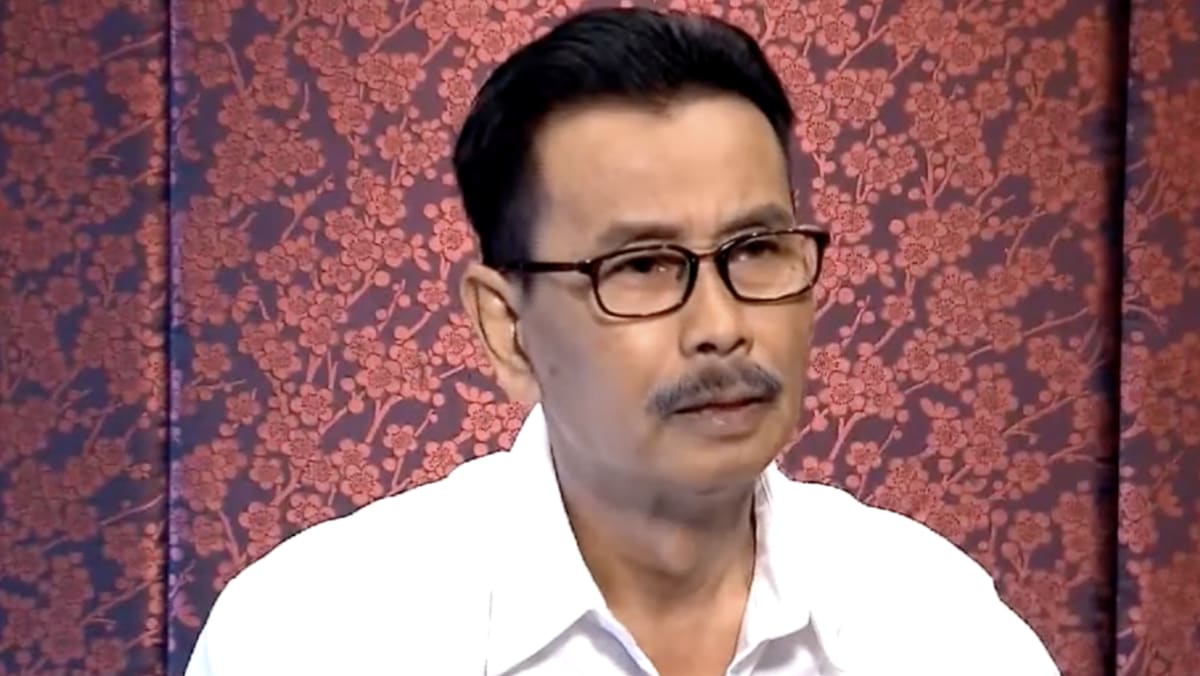‘Oversimplification’ to label UMNO a liability to PM Anwar’s ruling coalition, says party leader

KUALA LUMPUR: While the United Malay National Organisation (UMNO) has undeniably faced challenges in recent times, it is an “oversimplification” to label it a “liability” to the ruling coalition based on the recent state polls, says its secretary-general Asyraf Wajdi Dusuki.
He adds that cooperation between Prime Minister Anwar Ibrahim’s Pakatan Harapan (PH) alliance and the Barisan Nasional (BN), which UMNO is part of, is still in its infancy and mirrors the early stages of many political alliances.
“The retention of states like Selangor, Negeri Sembilan, and Penang by the PH-BN pact showcases UMNO’s consistent appeal to its voter base.
“This consistency is commendable, especially when considering the political turbulence and shifts in alliances over the past year,” says Mr Asyraf, in a statement responding to a commentary on CNA that labelled the party a liability for the unity government.
BN had ruled Malaysia since independence but was kicked out of power during the 14th general elections in May 2018. During the 15th parliamentary elections in November last year, the coalition won 30 seats.
After the election resulted in a hung parliament, BN became part of the unity government, together with PH, Gabungan Parti Sarawak (GPS), Gabungan Rakyat Sabah (GRS) and Parti Warisan.
The state elections were the first time that both PH and BN worked together, and were seen as a crucial test for the unity government.
But UMNO won only 19 of the 109 seats it contested in the six states holding elections, with PN making further inroads in them.
The opposition grabbed 11 seats in Penang, up from one previously, quadrupled from five to 22 in Selangor, and went from zero to five seats in Negeri Sembilan – all states controlled by the PH-BN coalition.
In its own territories, PN tightened its stranglehold by going from 20 to 33 seats in Kedah, and 38 to 43 seats in Kelantan, while sweeping aside a flailing BN to claim all of Terengganu’s state seats.
However, Mr Asyraf points out that just as it took BN and the Islamist Party of Malaysia (PAS) 13 months after the decision to create Muafakat Nasional following a victory in the Cameron Highlands by-election (in 2019), the PH-BN alliance will also need time to solidify its base and strategy.
Muafakat Nasional refers to the loose cooperation between UMNO and PAS that was formed after the 2018 general election to supposedly strengthen unity among Malay and Muslim political parties in the country.
In March this year, UMNO president Ahmad Zahid Hamidi said that the cooperation had broken both of its legs.
Dr Asyraf says that after analysing the gaps in UMNO’s approach to the state elections, it is evident that there was a lack of a coherent and resonating message.
Going forward, Mr Asyraf believes the party could benefit from a more data-driven approach to electioneering and that utilising big data analytics to understand voter sentiment, preferences, and key issues could provide invaluable insights.
The party should also engage the disillusioned voters, strengthen its alliances, highlight shortcomings of Parti Pribumi Bersatu Malaysia (which is part of PN), and reinforce engagement with its grassroots, he adds.
“Challenges and setbacks are inherent in the political journey. However, they also present opportunities for introspection, growth, and renewal,” says Mr Asyraf, adding that the party could draw inspiration from the Quran and the teachings of great Muslim thinkers.
Stressing that the challenges faced by UMNO are not insurmountable, Mr Asyraf says the party, with its deep-rooted connection to the Malay community and its historical significance, has the potential to rise.
“Drawing from the lessons of the past and the realities of the present, UMNO is well-positioned to chart a forward-looking path, ensuring a brighter future for Malaysia,” he adds.
Source: CNA












